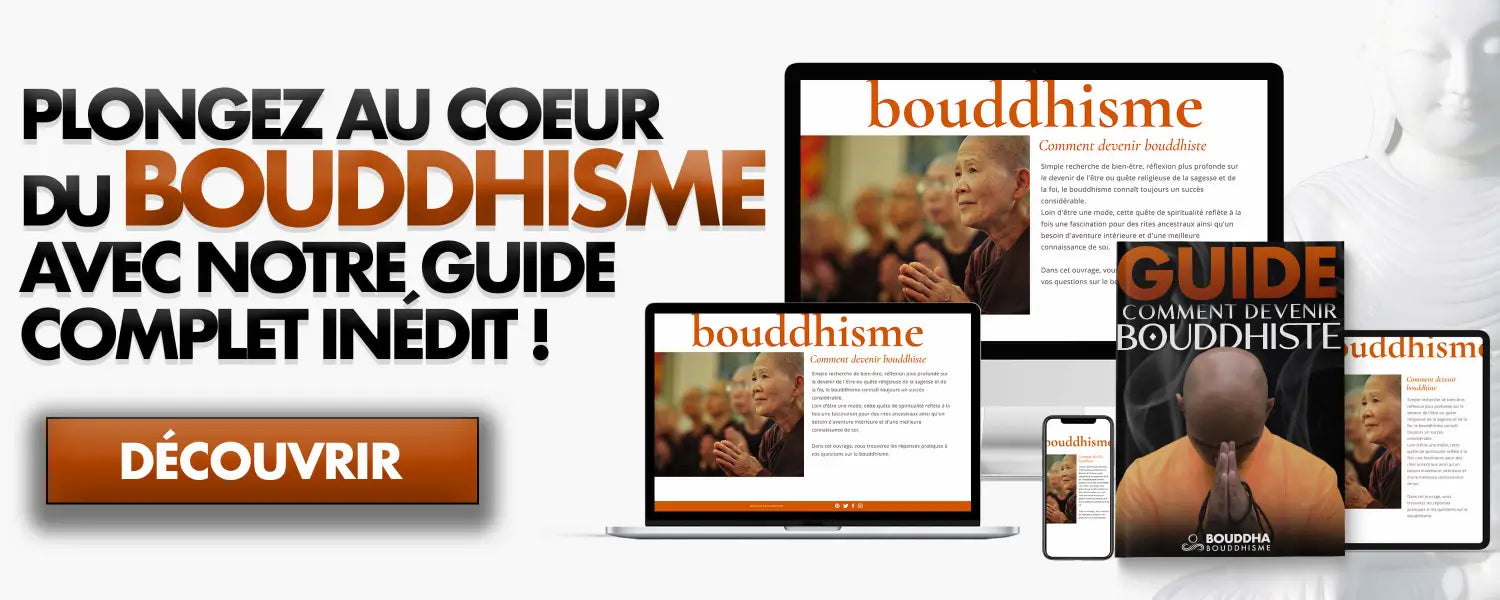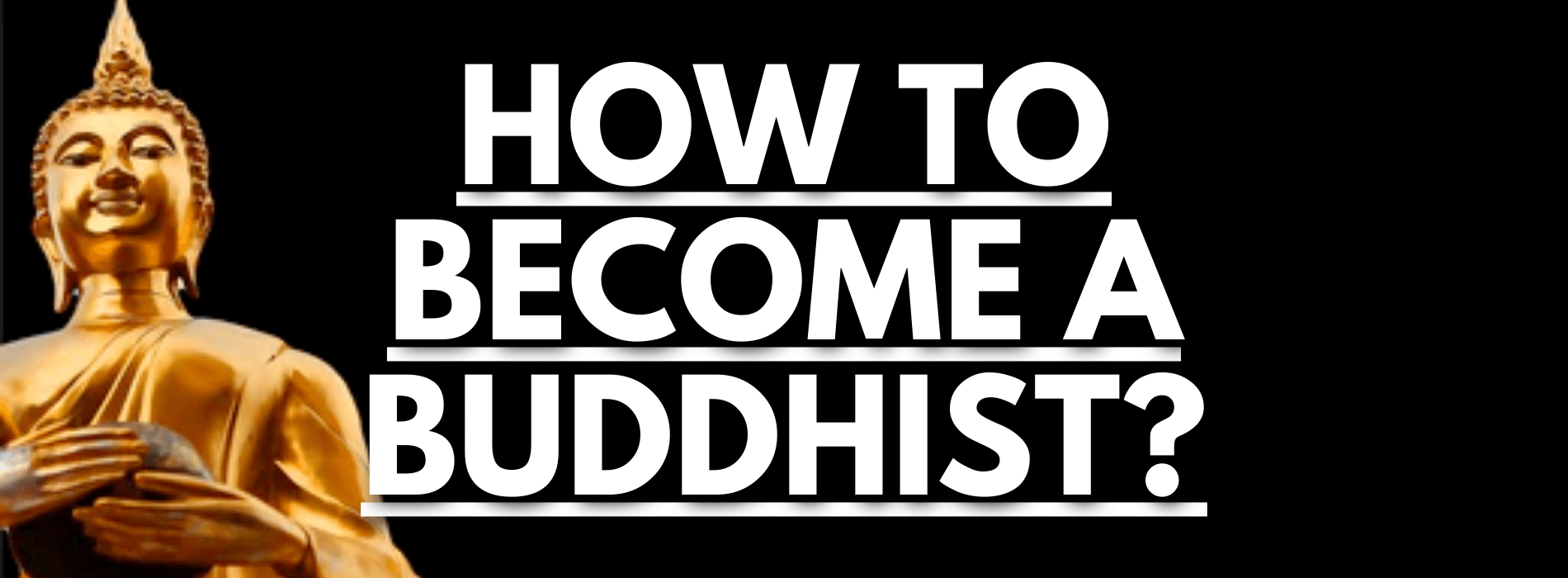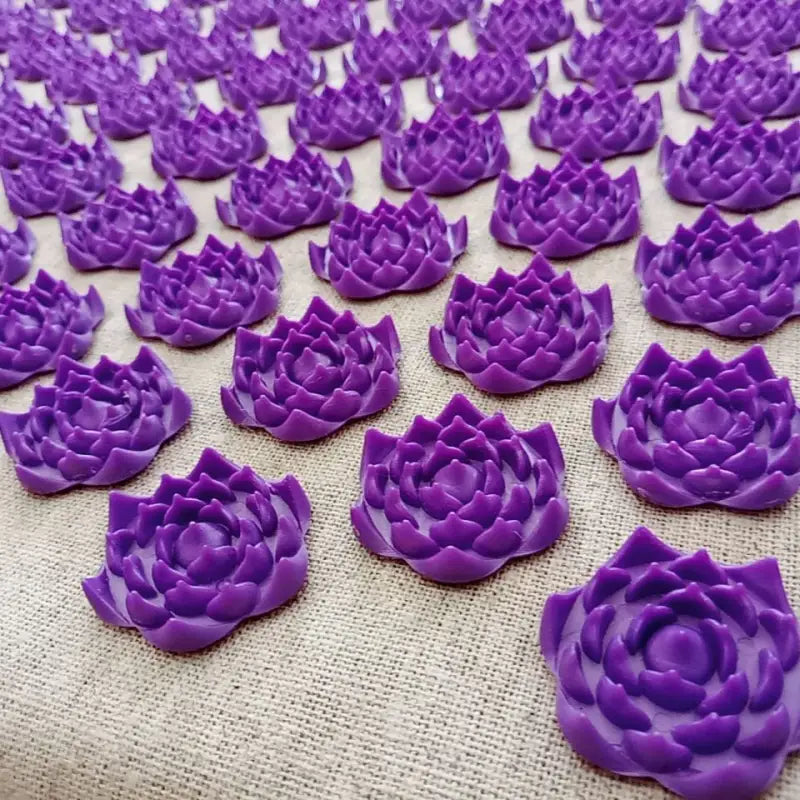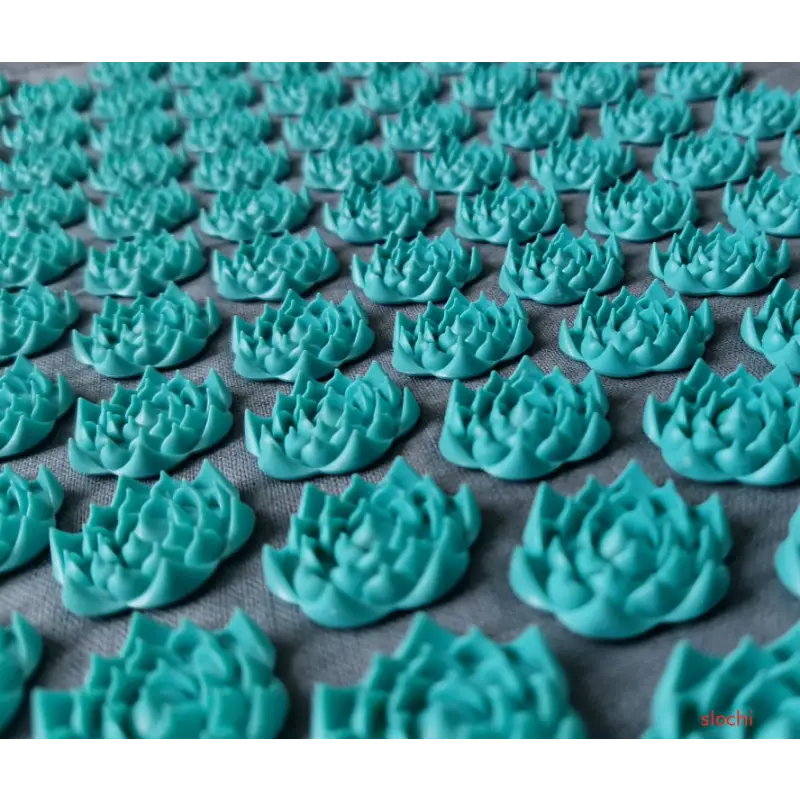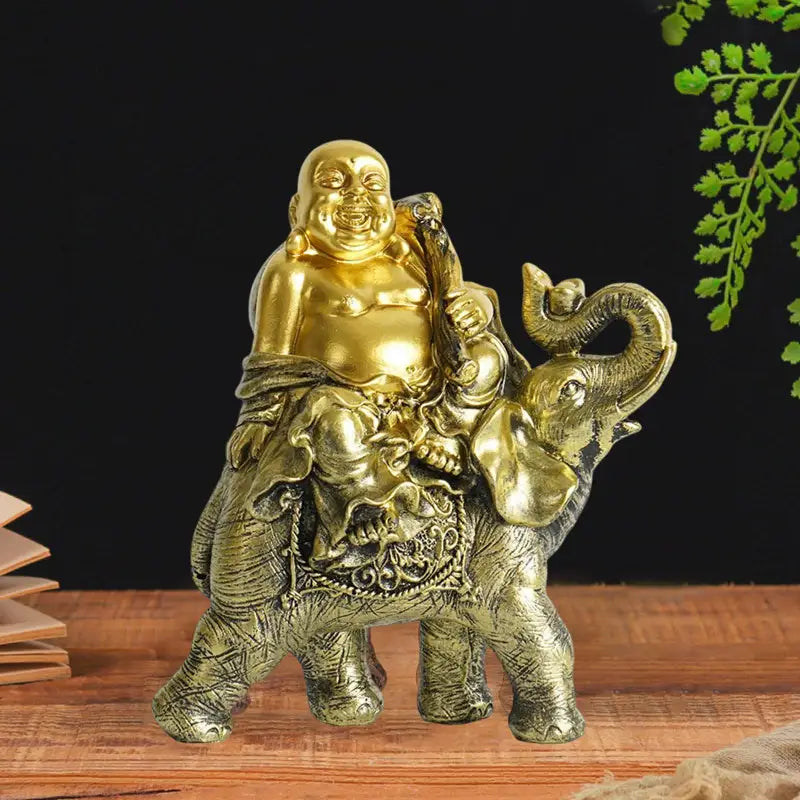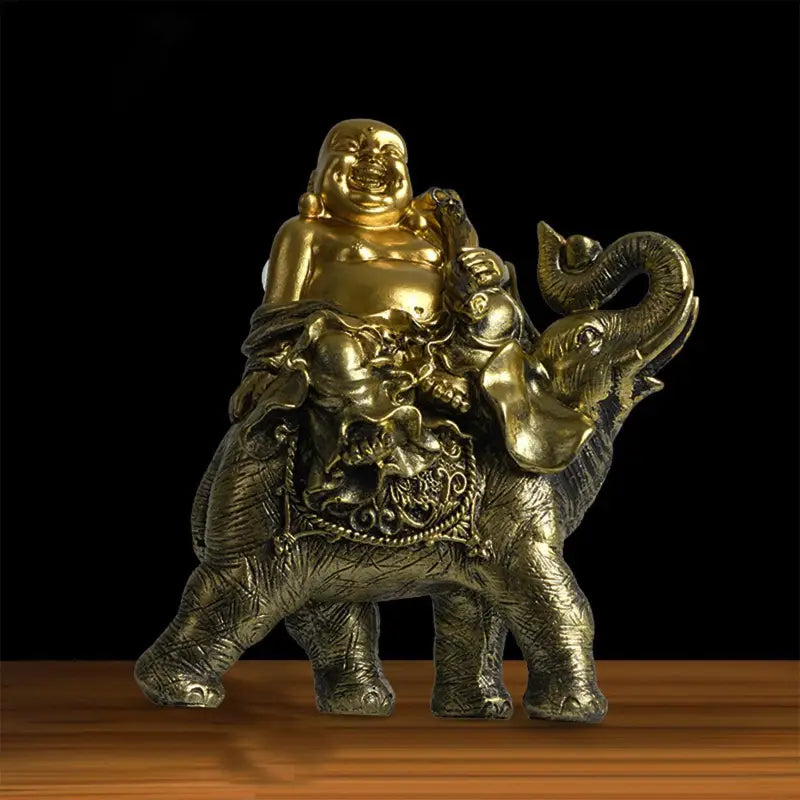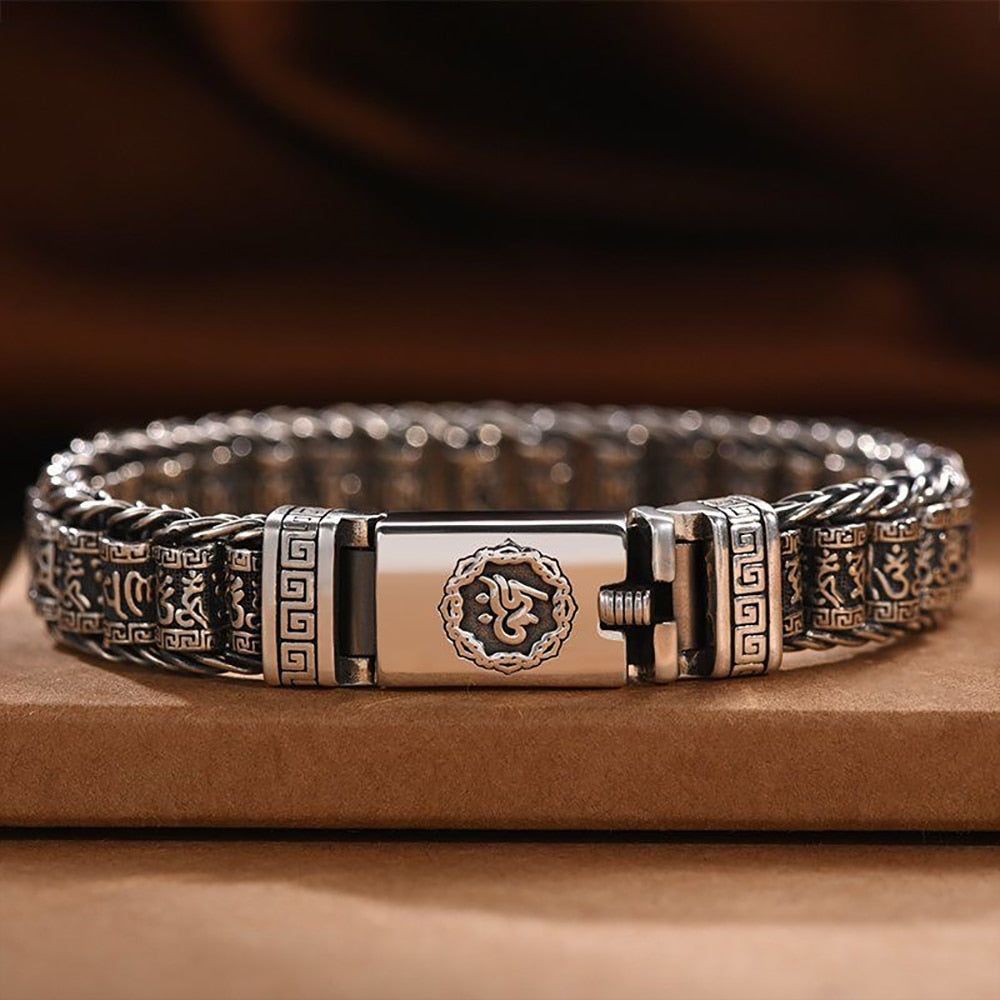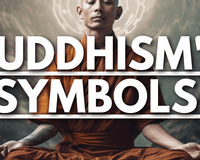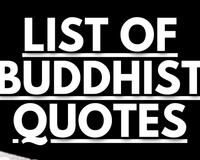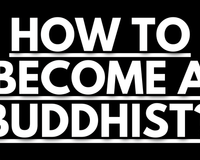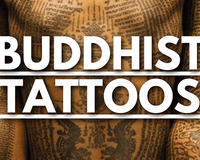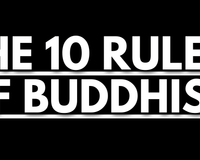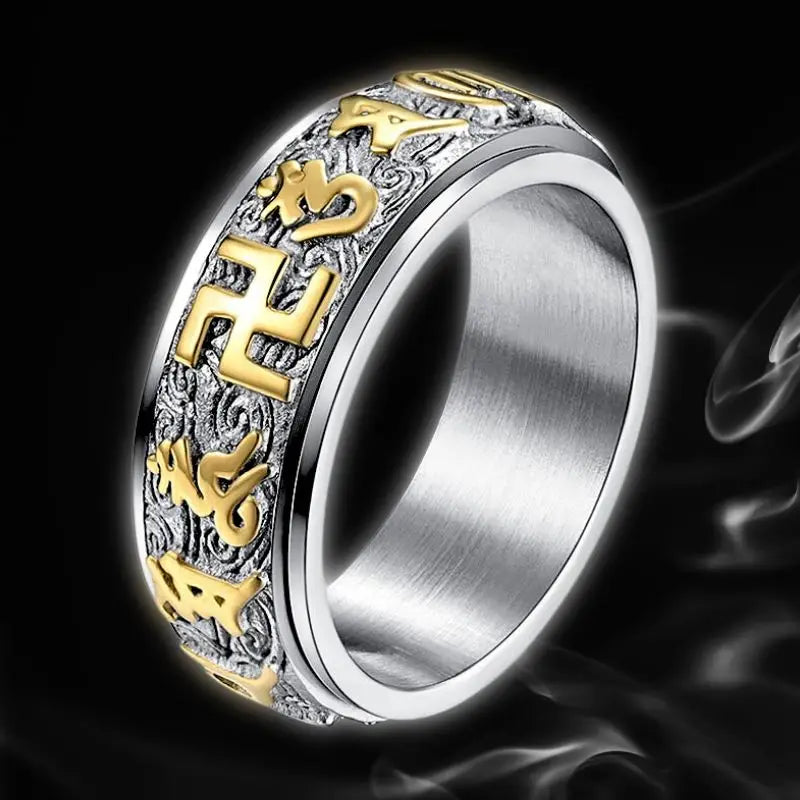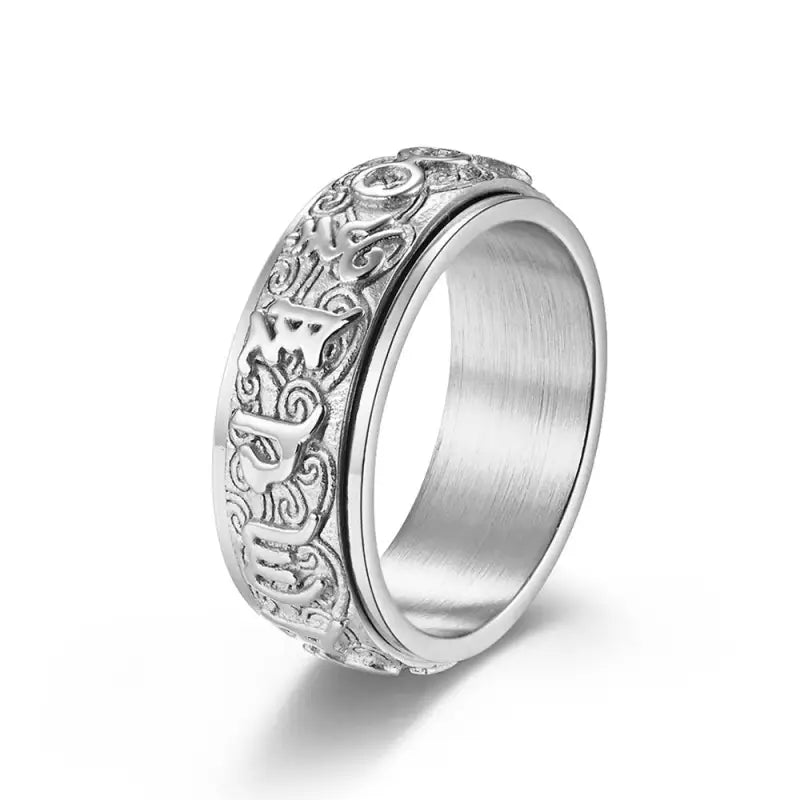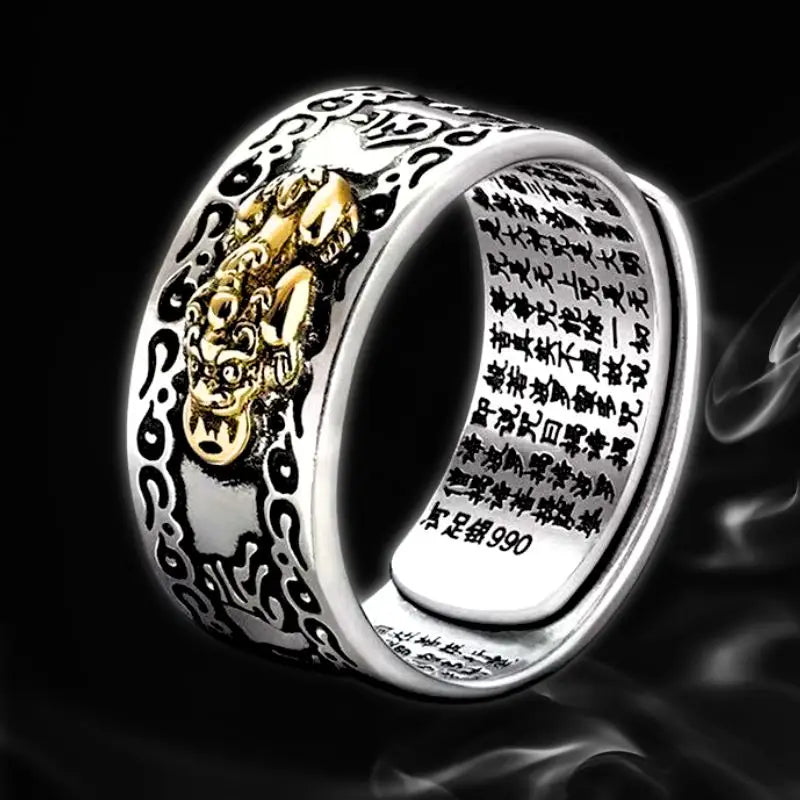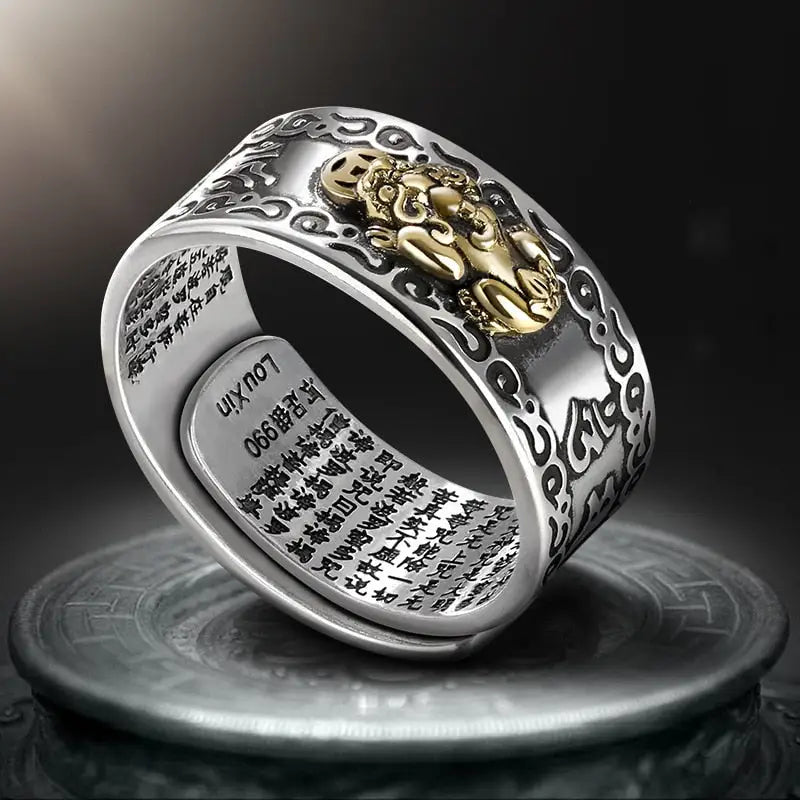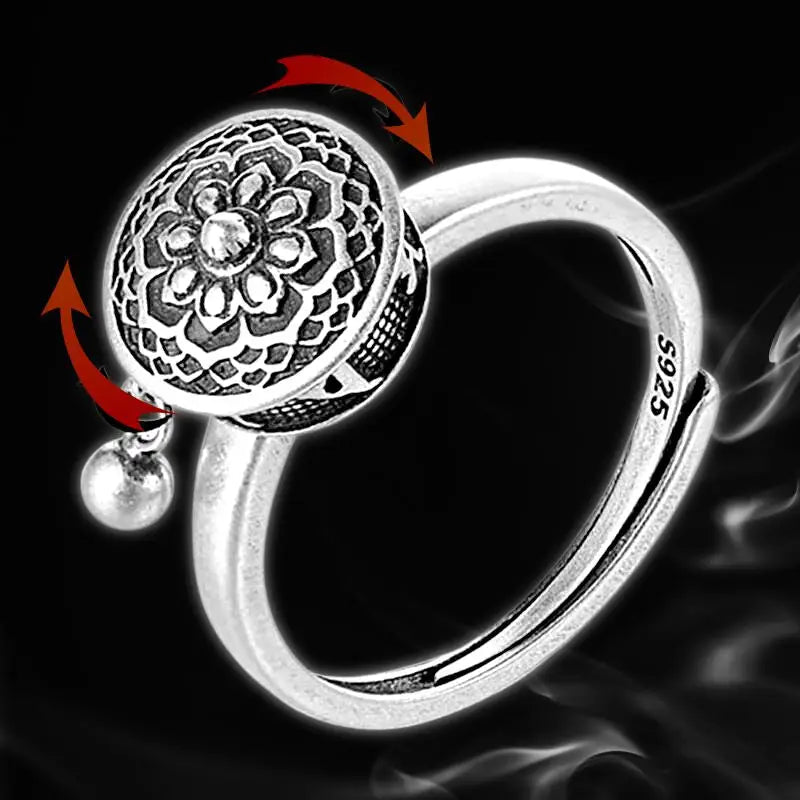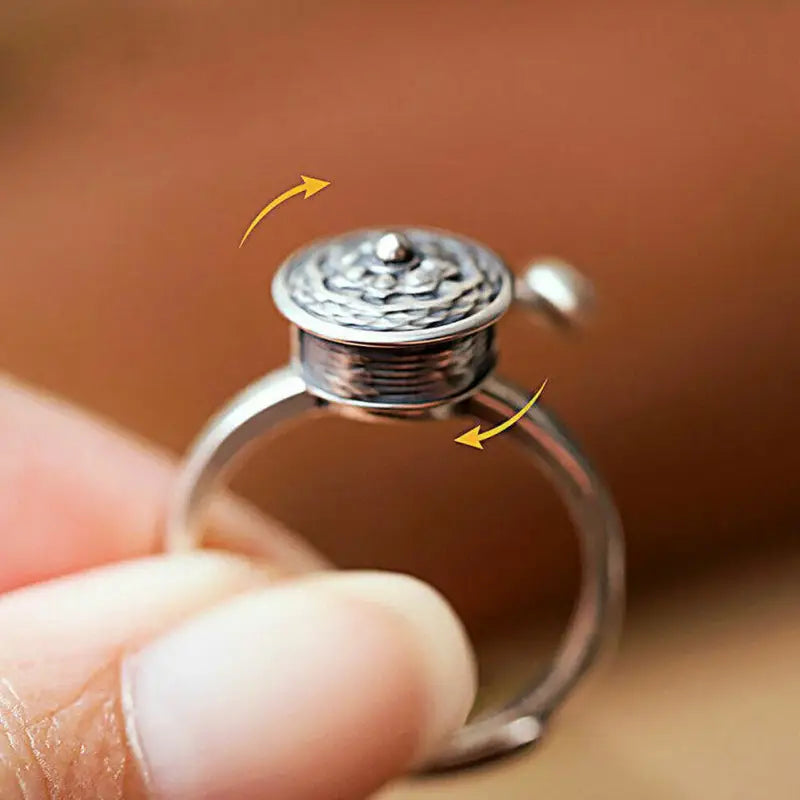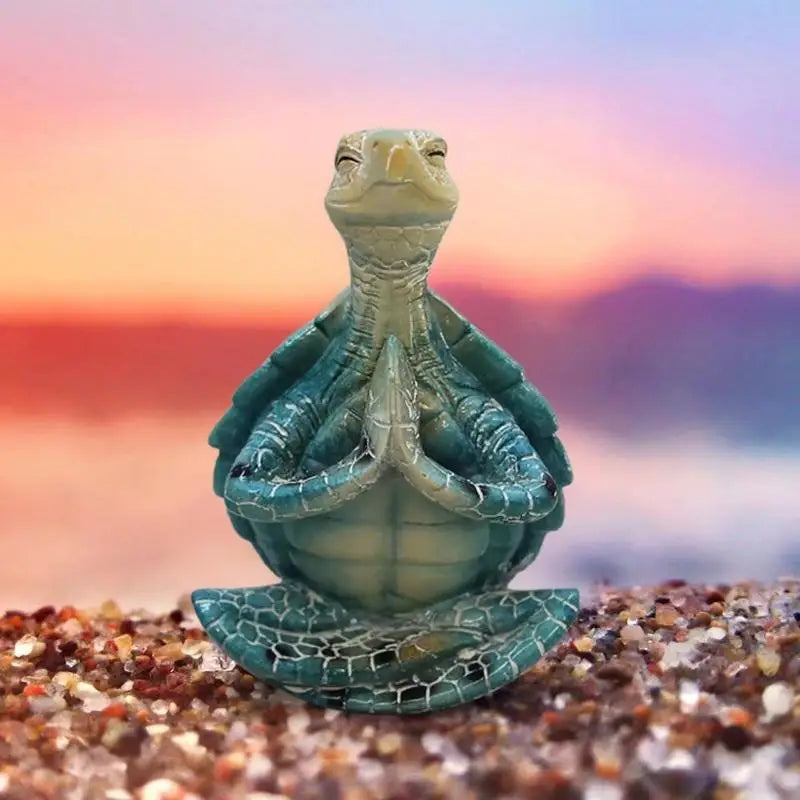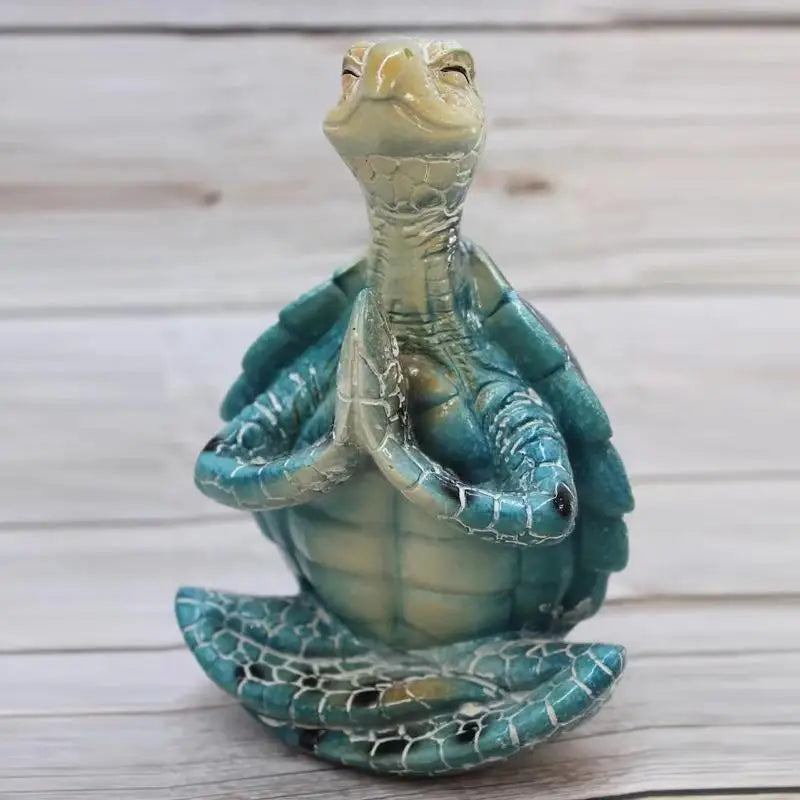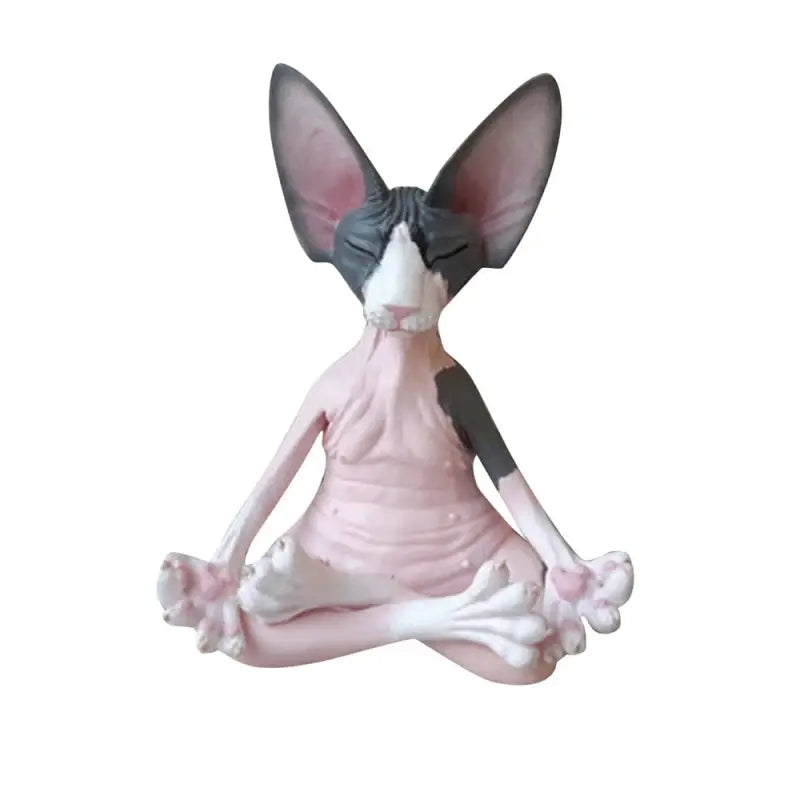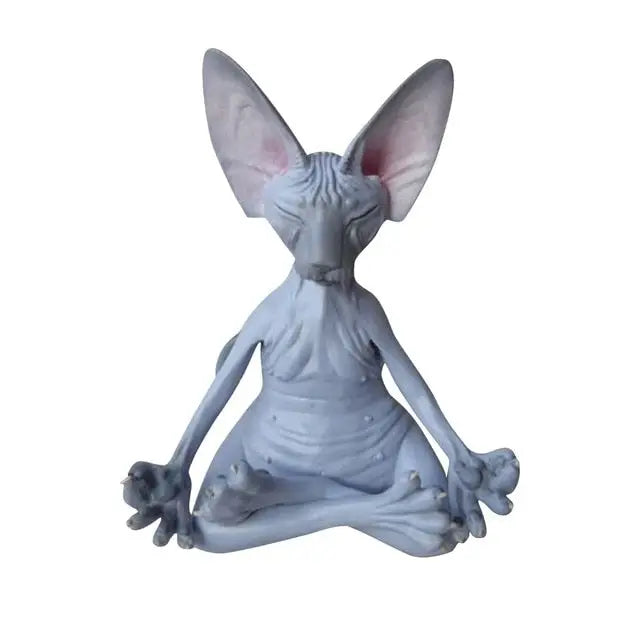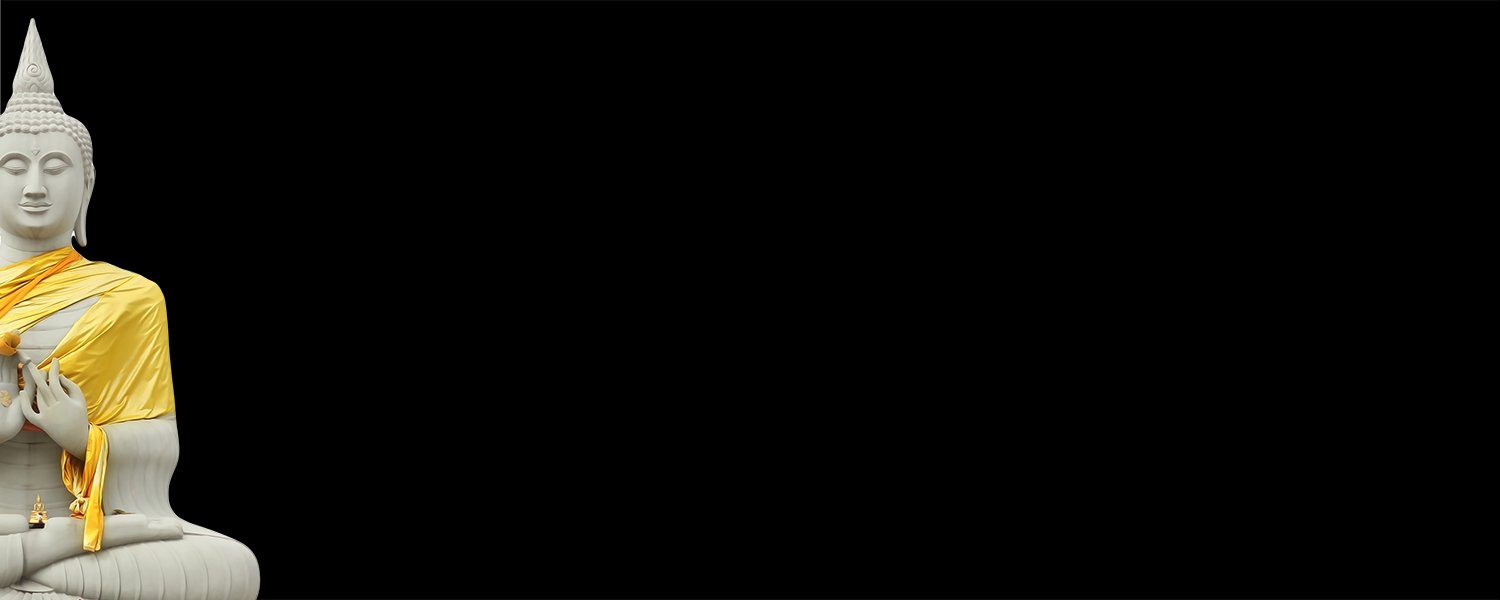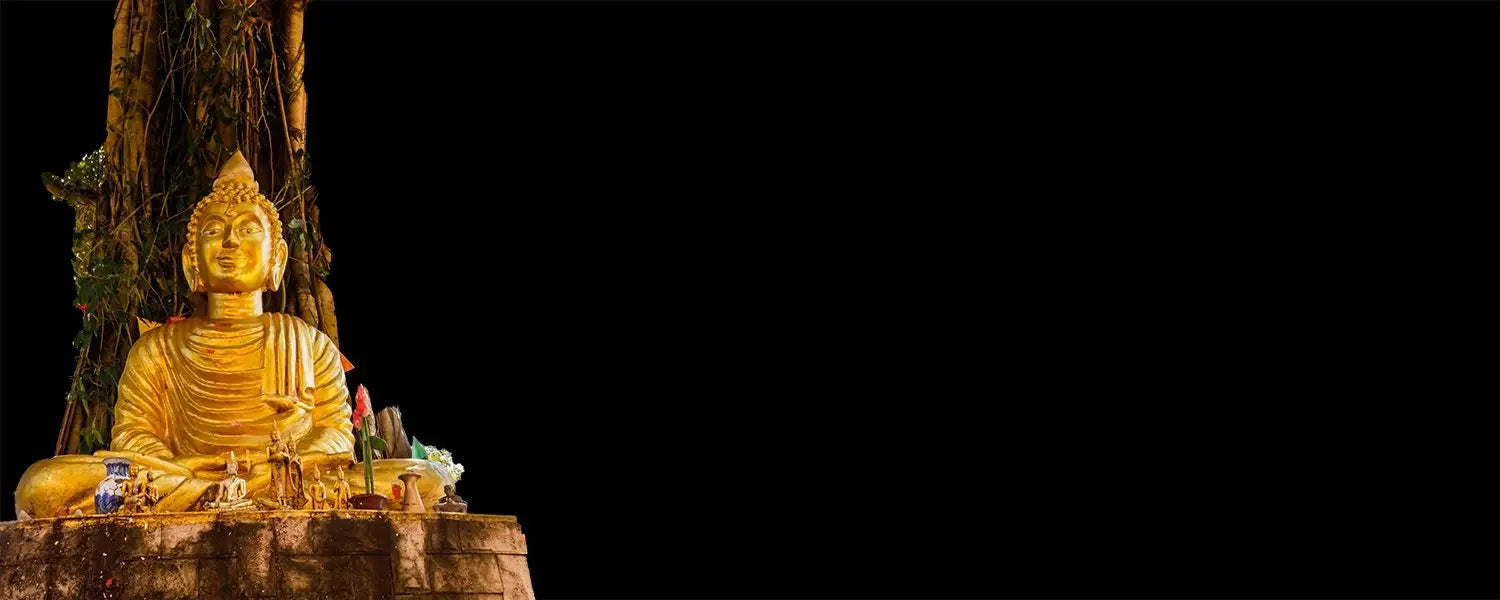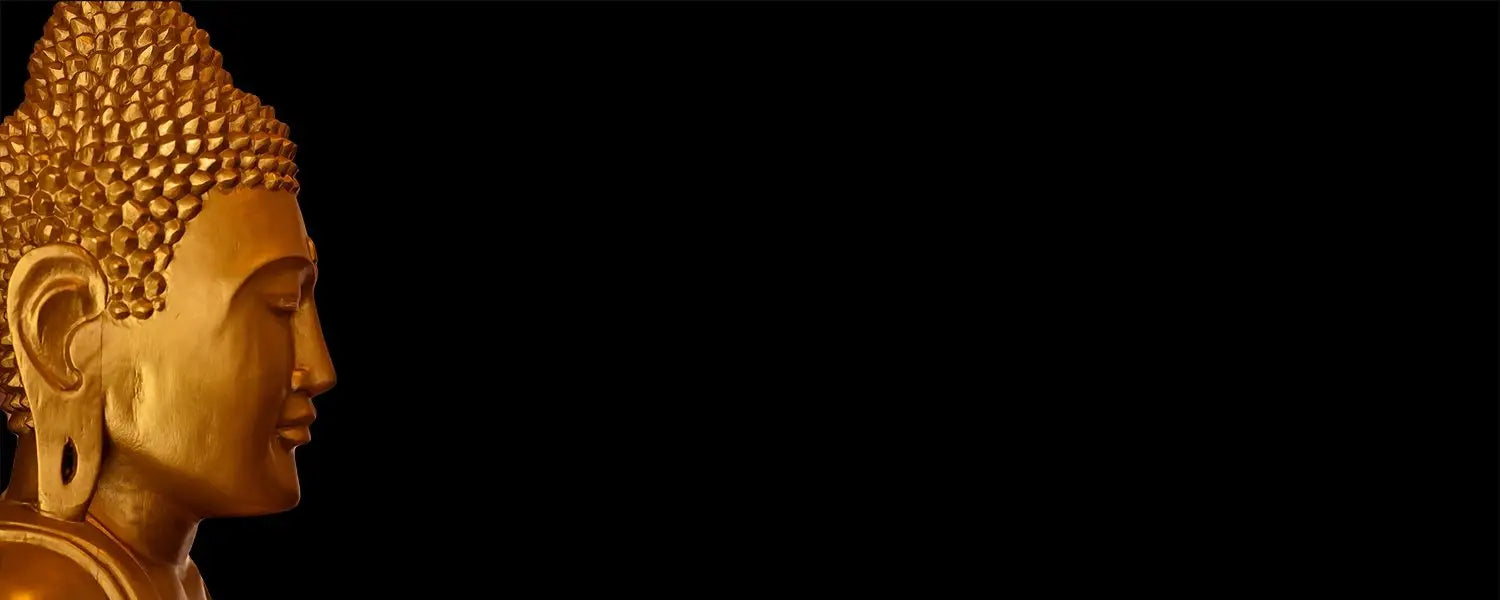Converting to Buddhism
Buddhism is open to all, regardless of gender, class, or nationality. To successfully convert to Buddhism, one must first understand the origin of the term "Buddhism." Then, we will explore the steps involved in converting to this religion. Lastly, we'll examine the advantages and disadvantages of Buddhism.
Definition of Buddhism
From one perspective, Buddhism is a religion and philosophy with origins in India in the 5th century BCE, following the spiritual awakening of a great man named Siddhartha Gautama. He was the historical founder of a community of wandering monks, which later gave rise to Buddhism. Buddhism is an individual path aimed at spiritual awakening through the extinction of egotistical desires and illusions that cause human suffering. Therefore, enlightenment forms the basis for altruistic action.
In 2010, Buddhism had approximately 400 million followers, making it the fourth-largest religion in the world after Christianity, Islam, and Hinduism.
Understanding Buddhist Concepts
The existence of God must be questioned to become a Buddhist. Therefore, one must grasp certain specific terms that are unique to this religion. Initially, these terms may seem challenging to understand, but learning them is necessary for understanding the teachings of Buddhism.

An Arhat is one of the specific terms that is part of the initiation into the teachings of Buddhism. It refers to a being who has achieved Nirvana. This achievement is the ultimate goal of Buddhist practice, signifying the elimination of afflictions, the end of rebirth in the world of suffering, and the attainment of a state where there is nothing more to learn.
A Bodhisattva is someone who has made a vow to follow the path indicated by Buddha Shakyamuni. They have taken refuge in the Three Jewels, namely the Buddha, the Dharma, and the Sangha. They strictly adhere to the disciplines intended for Bodhisattvas to first help other sentient beings awaken while progressing toward their own ultimate enlightenment, which is that of a Buddha.
The term Buddha refers to a person who has attained enlightenment through wisdom and has reached Nirvana. It can also be designated by other terms such as the Blessed One. The title of Buddha can refer to several individuals, with the most famous being the founder of Buddhism, Siddhartha Gautama, who is the archetype of a pure and perfect Buddha.
Dharma refers to the collection of norms and laws, including social, political, familial, personal, natural, or cosmic. The term Dharma is difficult to translate, but it generally represents the teachings of a Buddha. In the West, it is sometimes translated as "religion."

Nirvana is a key concept in Buddhism. Although the term originated in Hinduism, it is now more commonly used in Buddhism. It has gained popularity in the Western world, where it has become, albeit inaccurately, synonymous with a state of permanent happiness or paradise.
The Sangha can be translated as a community. In its narrowest sense, it refers to the spiritual community of arya-bodhisattvas, or the aryas who have already attained a direct perception of the emptiness of phenomena, the first of the bodhisattva grounds.
Exploring Different Types of Buddhism
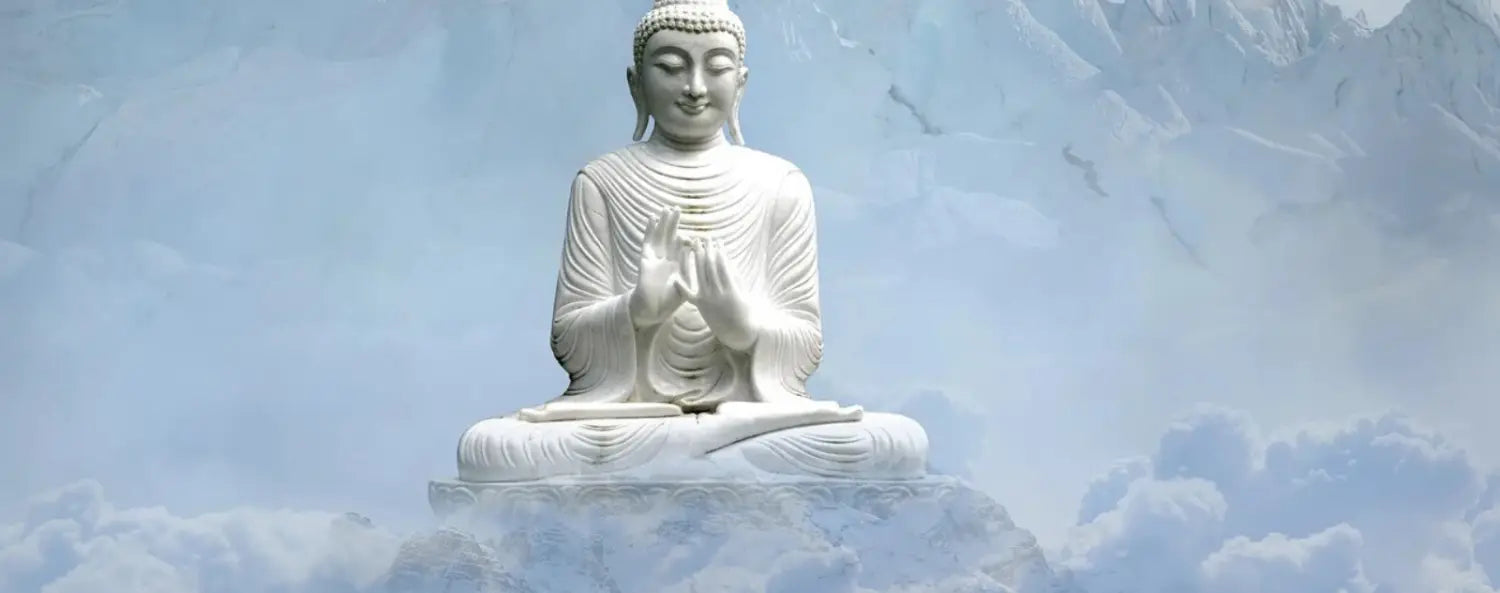
Currently, there are two main paths to becoming a Buddhist: Mahayana Buddhism, which is a Sanskrit term meaning the "great vehicle," and Theravada Buddhism, which is an ancient branch of Hinayana Buddhism stemming from the Sthaviravada school. The latter is relatively conservative and closer to the primitive Buddhism than other existing Buddhist traditions. Although they have slight differences, each path leads to the same goal. Theravada mainly focuses on the Dharma, while Mahayana is primarily focused on becoming a Bodhisattva.
It's worth noting that there are other paths to Buddhism, such as esoteric Buddhism and Zen Buddhism, which emphasize meditation from the seated posture known as zazen. It's important to understand that the specific path one chooses is not very significant because, regardless of the specialization, Buddhism is fundamentally the same.
Visiting Buddhist Temples
Undertaking a retreat in a monastery is an option for those who want to deepen their understanding of Buddhism. Some monasteries offer discovery, meditation, or volunteer stays. By conducting research on the internet or through other social networks, aspiring individuals can discover the many monasteries available. Furthermore, visiting Buddhist temples allows one to learn more about the life of the Buddha and comprehend his teachings, known as the Dharma.
Understanding the Four Noble Truths

The Four Noble Truths are the pillars of Buddhism. Understanding them is crucial if one wishes to convert to Buddhism. They form the primary teachings of this religion. The first noble truth, Dukkha, asserts that life is filled with suffering. Every stage of life, including birth, death, and illness, can bring suffering. By embracing the Buddha's teachings, it is entirely possible to free oneself from suffering.
Next, the second noble truth, Samudaya, defines the origin of Dukkha. In this truth, it's important to understand that suffering doesn't arise on its own; there are always causes that must be identified to find a solution to the problem. In general, it is often the craving for something unattainable that serves as the primary cause.
Subsequently, in the third noble truth, Nirodha, one takes actions to eradicate suffering once the cause is determined. Once the problem is resolved, one can attain final liberation.
Finally, the fourth noble truth, Magga or Noble Path, consists of elements that must be followed. These include right view, right thought, right speech, right action, right effort, right mindfulness, and right concentration. By adhering to these, one can live a fulfilling life and attain Nirvana.
It's important to note that the Four Truths are not negative; they are there to help reduce suffering and demonstrate that the pursuit of pleasure is not of primary importance.
Joining the Buddhist Community

Like all other religions, Buddhism is a communal practice. To convert to this belief, aspiring individuals will be warmly welcomed by Buddhist monks who will provide information and assistance. Traveling with Buddhists is a great way to become involved in the community. However, even though Buddhism is open to anyone interested in converting, there may still be barriers, such as language, since Buddhism is most prevalent in Asia.
Therefore, it would be a major advantage for the aspirant to speak multiple languages besides French. Staying connected with the community is also a great way to integrate. Visiting the nearest monastery, for example, allows one to participate in prayer and meditation sessions.
Understanding Nirvana and Karma: Important Steps to Convert to Buddhism
To convert to Buddhism, it is essential to understand what Nirvana and Karma are. The first one originated in Hinduism but is now used in Buddhism. It is a state of pure, permanent happiness, much like paradise. As for Karma, it is the result of one's actions, determining an individual's rebirth and closely tied to the cycle of reincarnation. Whether good or bad, Karma can have immediate effects within five lifetimes or over thousands of years, depending on when specific effects are supposed to manifest.
Read also: How to Practice Buddhism?
If one engages in negative actions in life, such as lying, stealing, or killing, the consequences are negative. Conversely, performing good deeds is highly beneficial, leading to happiness and fulfillment. Future generations can have peace of mind since no negative Karma from their ancestors will affect them if their ancestors consistently performed good deeds.
Seeking the Path of the Three Refuges

The Three Refuges are the central focus of the rite that candidates must undergo to become lay Buddhists. It is essential always to show respect for the Buddha, the Sangha, the Dharma, and others. Ideally, one should always exhibit generosity to family and friends, offering assistance without expecting anything in return when they encounter problems.
In the Buddhist religion, one should also strive to understand the meaning of Buddhism and the teachings of the Buddha. The Buddha shows the best path to happiness, love, and peace, and it's simply a matter of following that path.
Lastly, it's essential to learn how to adapt to the Buddhist community to convert to Buddhism. This is known as the Sangha, which includes friends, family, and Buddhist teachers. Within the Sangha, practice becomes easier and more enjoyable. However, the time it takes to convert to Buddhism is relatively short if one wishes to become a lay Buddhist, while becoming a monk typically takes around ten years.

Adhering to the Five Precepts
Once the status of a Buddhist is attained, it is now necessary to adhere to certain vows made during the initiation ceremony. The new Buddhist must now observe five precepts in their daily life. These precepts ensure that practitioners do not regress into lower realms, such as the animal realm, the realm of hungry ghosts, or the hell realm during their reincarnation after the present life.
One of the precepts to adhere to is not to kill, in other words, one must not take the life of others, the lives of sentient beings. Next, the second precept is not to steal or take what is not given or does not belong to them. The third is not to engage in sexual misconduct or have illegitimate or inappropriate sexual relations. One must abstain from illicit sexual conduct. Afterward, the fourth is not to lie, not to speak false or inaccurate words. Finally, one must not ingest substances that alter the mind, such as drugs or alcohol.
If a person happens to violate any of these five precepts, they must repent and try not to repeat such actions in the future.
The Advantages of Converting to Buddhism
Buddhism is a fabulous way to understand the world around us and our place in it.
6 Monk Habits That Will Change YOUR Life | from the channel:
The Disadvantages of Converting to Buddhism
Buddhism cannot be neatly categorized and can be confusing, especially for those coming from Christianity, Judaism, or Islam, not to mention numerous other belief systems. Indeed, newcomers may find Buddhist concepts such as karma, rebirth, emptiness, and the practice of meditation challenging to grasp. Additionally, the presentation of Buddhism through various traditions can vary, potentially confusing the interested individual.